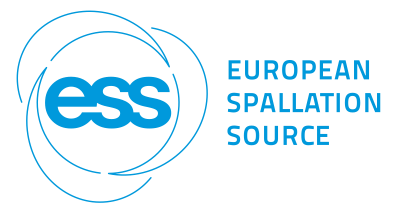Speaker
Mr
Adrian Sanchez-Fernandez
(University of Bath)
Description
Deep eutectic solvents (DES) have attracted a wide interest as alternatives to traditional solvents due to their green character and potential designability of the solvent properties. DES show a melting point near or below room temperature with a relatively low vapour pressure, high thermal and chemical stability and wider liquid temperature range than molecular solvents. Furthermore they are composed of non-toxic, cheap precursors.[1]
Our first study has revealed that interactions between solvent and surfactant headgroup play an important role in the micellization process. We therefore aim to establish how the characteristics of the solvent influence the self-assembly of surfactants. Here we will present our recent studies in the aggregation of an anionic surfactant, sodium dodecylsulfate (SDS), in the widely studied choline chloride:urea deep eutectic solvent [2]. Scattering techniques were used to determine the characteristics of the aggregates. Small-angle scattering has shown the formation of elongated aggregates, different to the behaviour of SDS in other polar solvents which forms globular-like micelles. Furthermore a rather uncommon rod-to-globular shape transition was found with increasing the concentration of surfactant. We will present details of surfactant self-assembly and changes in the system with surfactant concentration, temperature and water content.
[1] Smith, E. L.; Abbott, A. P.; Ryder, K. S., Chem. Rev., 114, 21 (2014).
[2] Arnold, T.; Jackson, A. J.; Sanchez-Fernandez, A.; Magnone, D.; Terry, A. E.; Edler, K. J., Langmuir, 31, 47 (2015).
Author
Mr
Adrian Sanchez-Fernandez
(University of Bath)
Co-authors
Dr
Andrew Jackson
(European Spallation Source ESS AB)
Prof.
Karen Edler
(University of Bath)
Dr
Tom Arnold
(Diamond Light Source)

